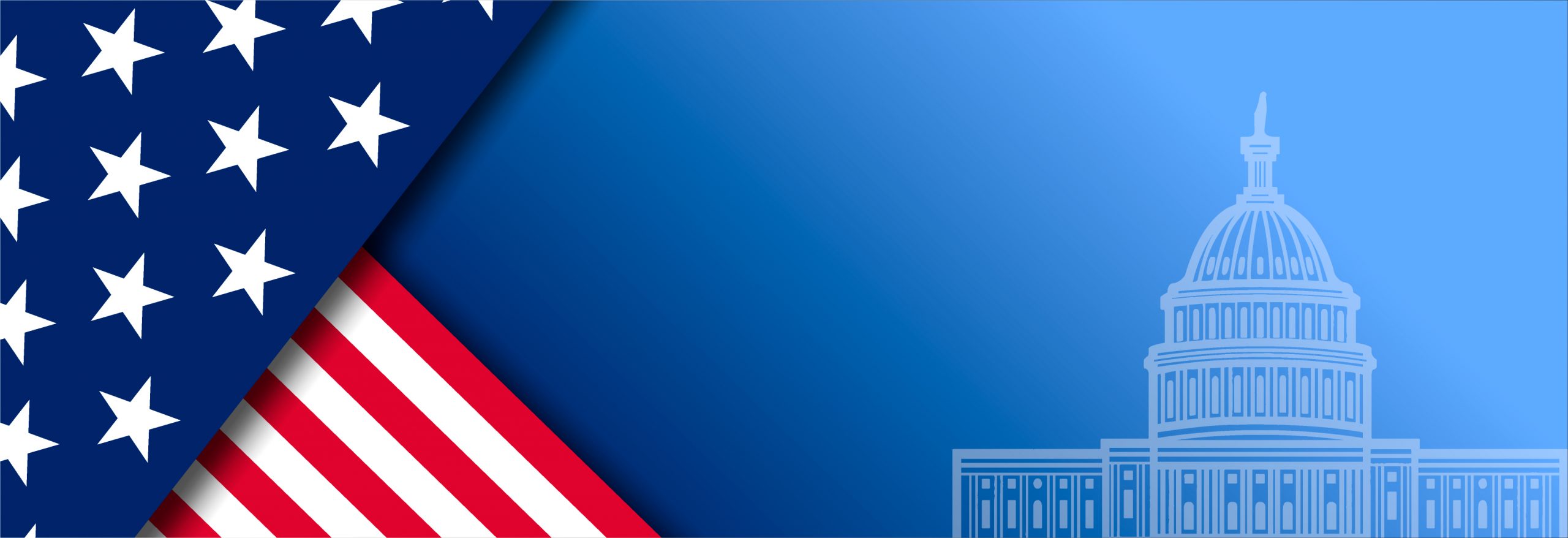State elections were hotly contested in 2020, and they were of equal importance to federal elections due to the census and redistricting in 2021 and 2022. Despite the millions of dollars poured into state campaigns, it was largely a status quo election. Only the New Hampshire House and Senate switched party control from Democrat to Republican, and the Alaska House returned to full Republican control. The results leave in place partisan divides that have dominated recent years at the state level and reinforced those states that have been active on environmental and packaging issues in the Northeast and West Coast.
Although COVID-19 forced state legislative sessions to be virtual when they started this year, we have not seen signs that this will slow environmental policies such as extended producer responsibility (EPR) or post-consumer recycled content mandates legislation. In fact, 2021 could prove to be a watershed year for these types of policies. Even before the 2021 legislative sessions began, many states were taking action.
New Jersey
Since June 2020, New Jersey’s General Assembly has considered SB 2515 to establish new recycled content standards for rigid plastic containers, glass containers, paper carryout bags, reusable carryout bags made of plastic film, and plastic trash bags. On Dec. 10, this legislation took a major step forward and passed the Senate Environment Committee. 2021 will likely see more action in the Senate and potential action in the Assembly.
Maine and Vermont
Both appear poised to be the most active New England states on EPR for packaging. In 2020, Maine came close to passing the first U.S. EPR law for packaging in the form of LD 2104, which would have levied fees on packaging producers to provide municipalities reimbursement for recycling and landfill disposal costs. In 2021, competing proposals are likely to be seen from both the industry and environmentalists. Vermont is following closely behind Maine, and it is clear that an EPR for packaging bill will be considered in 2021. The Vermont Product Stewardship Council has been having discussions with various groups, and Senator Christopher Bray, who chairs the Senate Environment and Natural Resources Committee, appears likely to sponsor this legislation in 2021.
California
On Dec. 7, legislators were sworn in and began introducing their first bills for 2021–22. These proposals included refiling of Senator Ben Allen’s SB 54 that is expected to be amended later to mirror many of the recycling, source reduction, and recycled content mandates that the flexible packaging industry and others extensively lobbied on in the 2019–2020 session. Additionally, California’s Statewide Commission on Recycling Markets and Curbside Recycling—created by AB 1583—released preliminary recommendations to the legislature, and new legislation is expected.
Oregon and Washington
Both states are about to consider very different 60-plus page bills to create EPR programs for packaging. In Oregon, the Department of Environmental Quality (DEQ) released a legislative proposal that focuses on industry funding of processing recycled materials and finding markets for those materials. In contrast, in Washington State Senator Mona Das (D) and Senator Christine Rolfes (D) have stated that that they will be authoring an EPR bill that will mirror the structure of the EPR program in British Columbia and will mandate producers to take over control of the entire recycling system. Oregon’s legislative session started on Jan. 19 and goes until June 28, and DEQ will be the sponsor of record on this legislation. In Washington, the legislature convened virtually on Jan. 13 and is to conclude on March 12 in a COVID-19-shortened session. In both states, there are significant issues to work out if either policy is to become law in 2021.
